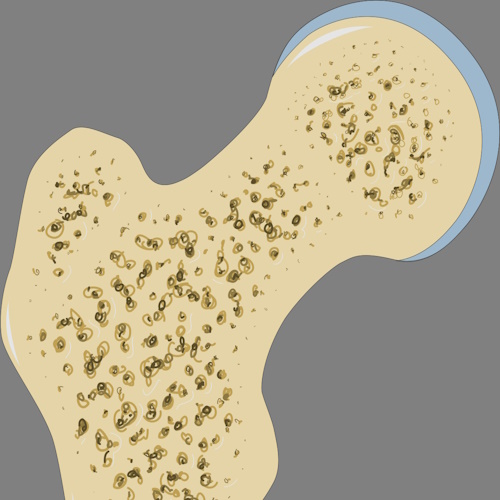Key points from article :
Researchers have found that zoledronate (a biophosphonate), a drug that strengthens bones and reduce the risk of osteoporosis-related bone fractures, has unexpected life-extending properties in human beings.
They have confirmed these findings in a fruit fly study.
They found that the lower dose improved the lifespan of male flies but did not aid females.
When administered to middle-aged flies the drug increased lifespan in both males and females, similar to rapamycin.
The team found that this effects of the drug can be due to its inhibition of the farsenyl pyrophosphate synthase (FPPS) enzyme.
The drug also had benefits for the flies’ overall health.
This research is illuminating and provides a solid initial explanation for why zoledronate has the effects it does; however, these are only initial findings in a simple model of ageing.
Study by Sheffield University published in Journal of Gerontology:Series A.







